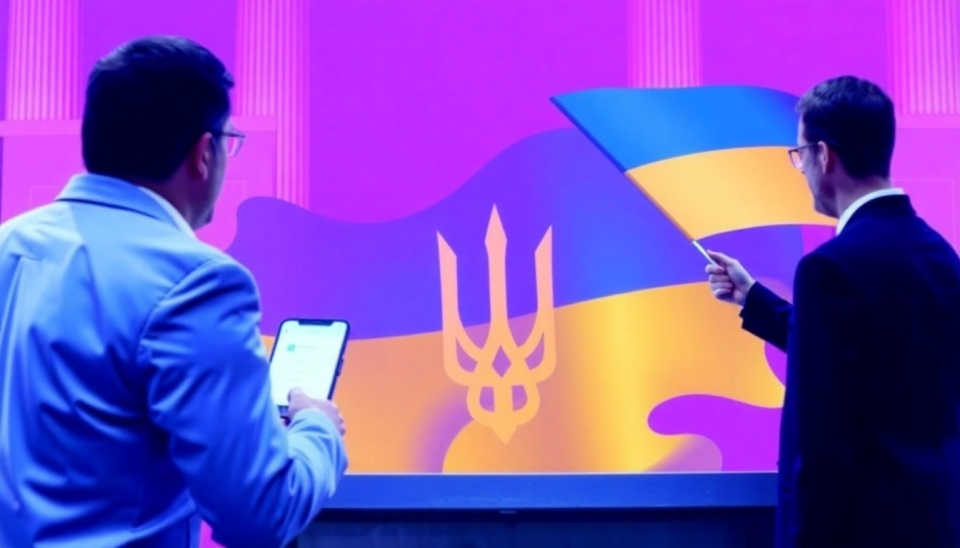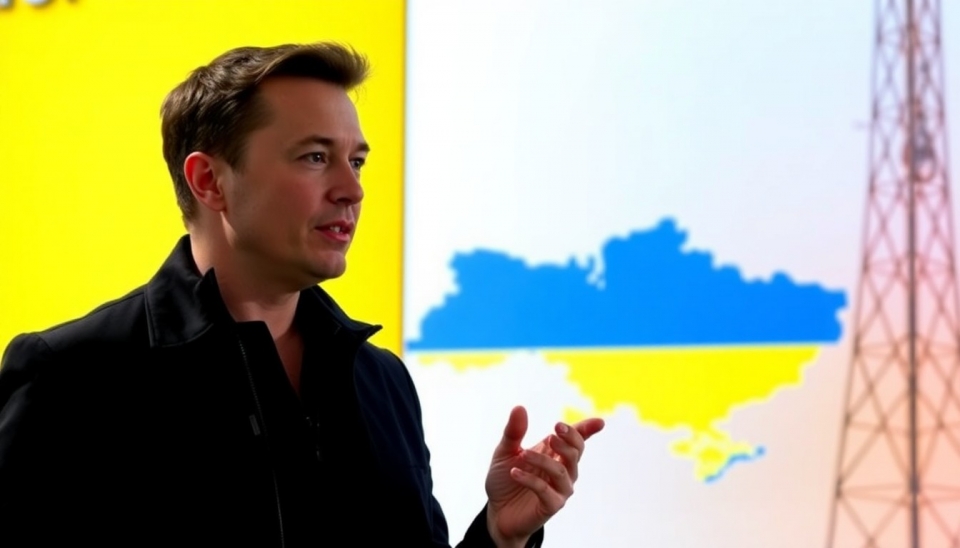
In an audacious display of cyber warfare, Ukrainian cyber forces claim they successfully disrupted Russian state-run TV broadcasts online, in what appears to be a symbolic strike on the day of Russian President Vladimir Putin's birthday. This daring cyber offensive underscores the escalating digital battleground amid ongoing hostilities between the two nations.
The attack targeted Moscow's official television networks' digital infrastructure, rendering online access temporarily inaccessible. Ukrainian cyber operatives revealed the hacking operation was deliberately timed to coincide with Putin's 72nd birthday, seemingly to mock and illustrate Ukraine's cyber capabilities against Russian digital assets. This incident is one of several cyberspace engagements between the two countries that have evolved beyond traditional battlefield engagements.
Ukrainian officials boasted of the operation as a significant demonstration of their cyber arsenal, emphasizing the technological prowess and tactical intelligence of their forces. However, this provocation did not go unanswered; Russian authorities swiftly condemned the attack, branding it as a deliberate act of aggression, further inflaming an already tense situation.
The cyberattack reflects an emerging trend where governments increasingly employ digital measures to advance their strategic goals in conflict scenarios. For Ukraine, leveraging cyber warfare is an effective tool given their limited conventional military capabilities compared to their more heavily resourced adversaries.
While the immediate impact of the hack appears to have been a brief disruption, it raises questions about the wider implications for cybersecurity and digital defense strategies for both nations. Particularly, it highlights vulnerabilities within Russia's critical media infrastructure, posing challenges for national security.
This event reinforces the contemporary dynamics of geopolitical conflicts where cyber capabilities play an integral role. By infiltrating Russian state media systems, Ukraine is not only engaging in a tactical maneuver but also engaging in a symbolic confrontation displaying resolve, innovative approaches to warfare, and the transcending nature of modern conflict beyond physical domains.
As both countries continue to invest in their cyber defenses and offensive capabilities, the world watches closely to see how this digital arms race will unfold and influence future diplomatic and military strategies in Europe and beyond.
The ramifications of this cyber incident could potentially ripple across other vulnerable digital domains, sparking debates on the ethics and governance of cyberwarfare as a legitimate means of conflict. As the cyber realm increasingly becomes a focal point in international disputes, securing digital infrastructures becomes as pivotal as defending traditional borders.
While there has been no confirmation on the extent of the damage or long-term impacts of the attack, the digital skirmish highlights the sophistication and reach of cyber tactics employed by state actors in contemporary warfare. This avenue of warfare presents both challenges and opportunities in how conflicts are conducted in an interconnected, tech-driven world.
#Ukraine #Russia #CyberAttack #Putin #DigitalWarfare #Geopolitics #Cybersecurity #StateMedia #Conflict #GlobalNews
Author: Emily Collins




